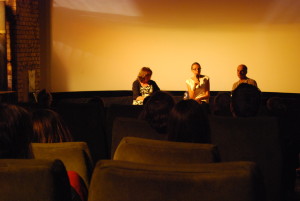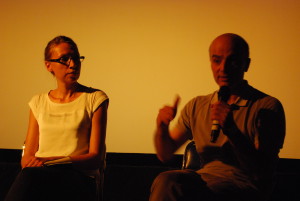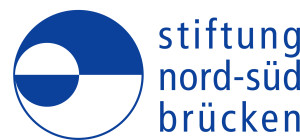War and Flight through Children’s Eyes – Film Screening of “Turtles Can Fly”
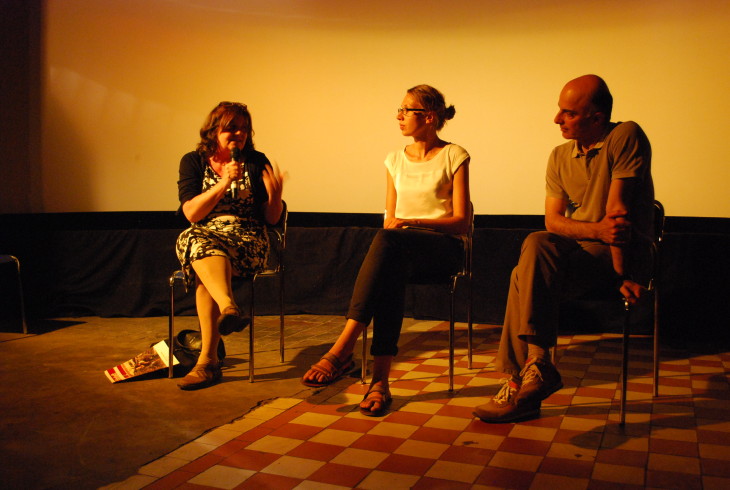
That the film is concerned with children’s perspectives is clear from its very title: “turtles” is a euphemism for anti-personnel mines, which Kurdish refugee children, many of them orphans, diffuse in order to make a living. Despite some children suffering brutal mutilation, with legs and arms partially missing, the leader of the operation – “Satellite” – appears unconcerned: “These are the best [deminers] – they no longer have fear.”
Sadly, not all the children are able to look positively ahead. The film begins with Agrin, a 14 year old refugee girl, standing atop the cliffs. After suffering rape at the hands of Baath soldiers, she has delivered a son who she cannot bring herself to love. Despite support from her brother and Satellite, she ultimately drowns her son before throwing herself off the cliffs.
Director Bahman Ghobadi described his film as “a movie not only by, but also for children”. With dramatic scenes, he gives the viewer a sense of the horrors of war and persecution. While the 2003 US invasion may have liberated Iraqi Kurds from oppression at the hands of Saddam Hussein and his Baathist Regime, this film presents the disillusioned perspective of children whose euphoria is muted by yet another episode of war.
His hope for positive improvements in the country are unwavering even in the face of current setbacks at the hands of the Islamic State. He suggested that IS would eventually exhaust and fail to replenish its ammunition. In contrast to the Baathist regime, the terrorist group is a foreign entity in the region and is losing its support from the local Sunni population. Dr Mlodoch added that IS could only win the support of Sunnis by exploiting their historical repression under Maliki’s Shiite regime. To resolve the conflict, it is therefore essential to address the Sunni concerns and better enable their political participation.
Currently, the refugee problem remains the Kurdish autonomous region’s biggest challenge. In addition to half a million Syrian refugees, nearly one million internally displaced Iraqis are pushing the local population to the limits of its capacities. The situation in southern regions such as Khanaqin is a “humanitarian catastrophe”, lamented Dr Mlodoch, despite stressing the incredible solidarity demonstrated by the local population. Once again, dramatic tales of refugees are being written in the Kurdish areas of northern Iraq – the themes of Turtles Can Fly could hardly be more relevant and contemporary. Still, we hope that chaos ends soon.
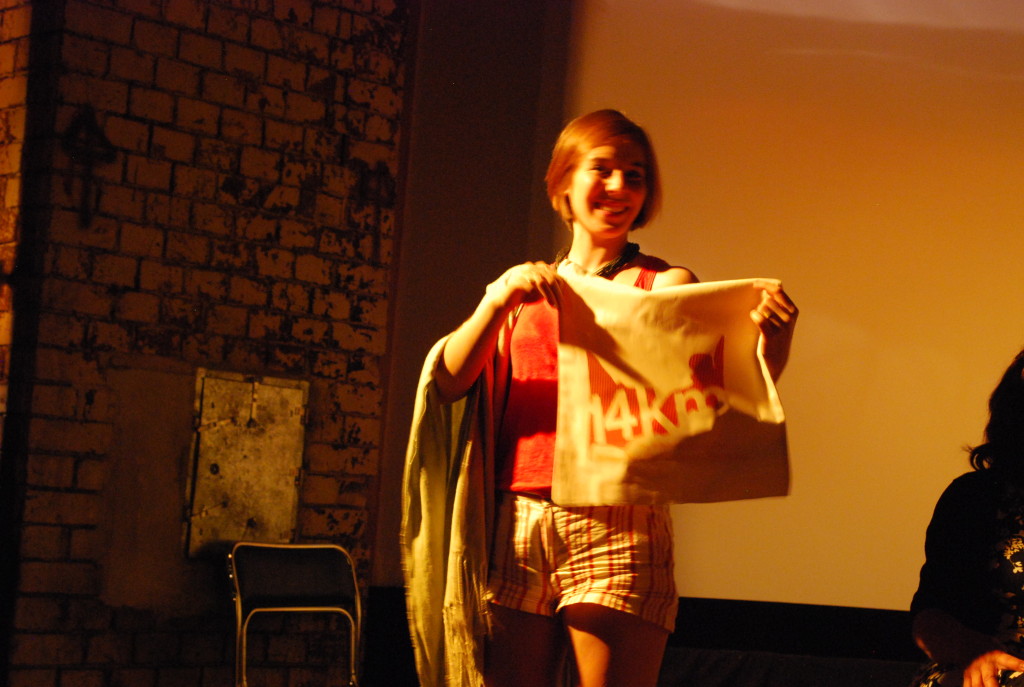
For the first time, 14km made its new cloth bags available for sale! Look out for these at future events.
Many thanks to Dr Karin Mlodoch and Dr Awat Asadi for their participation in the evening and providing such interesting background information and analysis on the history and current situation of the Kurds in northern Iraq.
Background information:
The 14km Film and Discussion Series 2015 gets sponsorship by budgetary funds of the Federal State of Berlin – Office for Development Cooperation.
The upcoming Film and Discussion Event takes place on August 26th and will be about Yemen.
Further events are scheduled as followed:
26 August / 16 September / 07 October / 28 October / 18 November / 9 December
The events are dedicatet to a single country or specific topic, in order to give an artistic-documentary impression . The ensuing audience discussion aims to include further informations by an affected person living in Berlin and by an scientific expert, always aiming to make links to North-South relationships.
We express thanks for the support:

